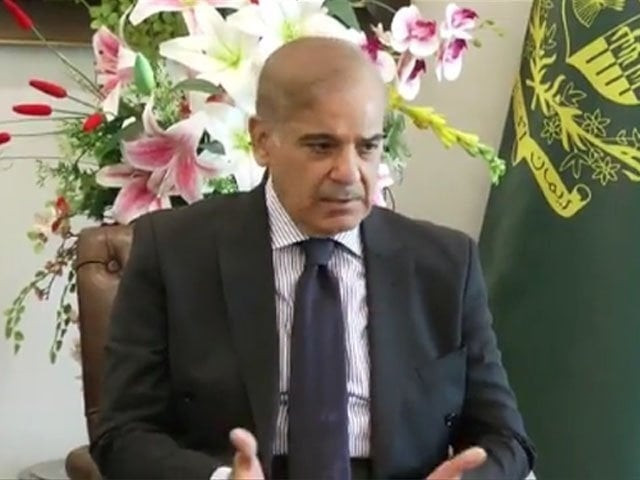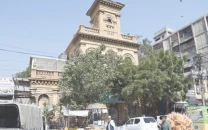Cabinet places sugar price cap
Export will be halted if domestic price exceeds cap

The cabinet has placed a price cap on sugar to regulate its export in a bid to avoid manipulation of domestic prices.
Sources informed The Express Tribune that the cabinet, chaired by Prime Minister Shehbaz Sharif, decided that if the retail price of sugar exceeds the benchmark ex-mill price or the retail price plus Rs2, further exports will be immediately stopped.
In the past, there have been several sugar export scandals where the price of sugar in the domestic market shot up soon after the government allowed exports.
In some cases, the export of sugar did not materialize, but the price in the local market skyrocketed, enabling the sugar millers to pocket billions from consumers. This is the reason the current government allowed the export of the commodity but placed a cap on domestic prices.
If the domestic price crosses the price cap, the government will promptly cancel the export of sugar, officials said.
While discussing the proposal for sugar export, the cabinet emphasized that both the ex-mill rate and the retail price of sugar should remain within the limits permitted by the Economic Coordination Committee (ECC).
Prime Minister Shehbaz Sharif, considering the linkage between the export of sugar and its retail price in the domestic market, unequivocally directed that the price of sugar would not be allowed to increase in a way that affects consumers.
The Ministry of Industries also informed the cabinet that these concerns were already considered and discussed in detail during various meetings, including the ECC meeting held on June 13, 2024.
It was further added that the decision on export of sugar was taken after the Sugar Advisory Board and other related bodies estimated the pattern of the commoditys consumption and surplus stocks in the country.
The cabinet was informed that sufficient stock would be available with sugar mills at the start of the crushing season, even after permitting the export of 150,000 MT of sugar by the economic decision-making body.
It was further noted that the proposed exports would not impact the ex-mill sugar prices.
Moreover, the cabinet was told that if the retail price of sugar rose beyond the benchmark ex-mill price or the retail price plus Rs2, further export would be immediately stopped.
For effective monitoring of sugar prices in the wake of sugar exports, the cabinet constituted a committee to be headed by the federal minister for petroleum and water resources.
This committee has been mandated to monitor the trends of sugar prices in the local market following the decision of the commoditys export. It will continue to update the prime minister and the cabinet about any manipulation that could impact the price of the commodity in the domestic market.
Farmers have already been facing issues with payments from sugar millers.
Throughout the discussion on sugar exports, there has been no debate regarding payment issues.
In the past, governments have also linked the export of sugar to ensuring that sugar millers make timely payments to farmers.
There has been a practice where farmers are paid for sugarcane through middlemen, and therefore, they have been unable to receive the full payment for their sugarcane crop.



















COMMENTS
Comments are moderated and generally will be posted if they are on-topic and not abusive.
For more information, please see our Comments FAQ